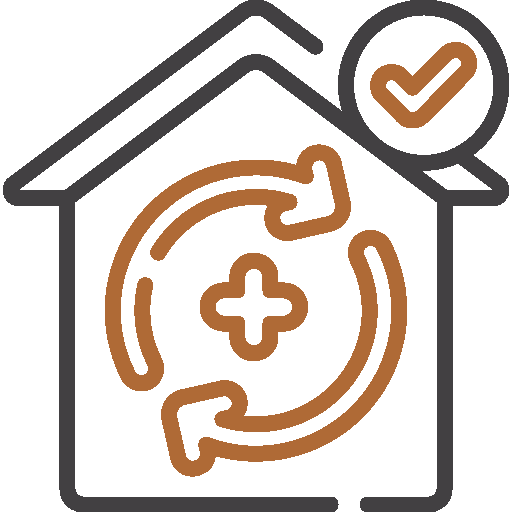Drug addiction is a serious problem that affects millions of people worldwide. This crisis impacts not just the individual but also their family, friends, and community. Drug addiction, whether it’s alcohol addiction or substance abuse, can lead to devastating consequences. But there is hope. Many treatment programs and rehab centers are available to help those in need.
This blog post will explore the various types of drug addiction treatment. It will discuss why these treatments are important and how to find the right path to recovery.










